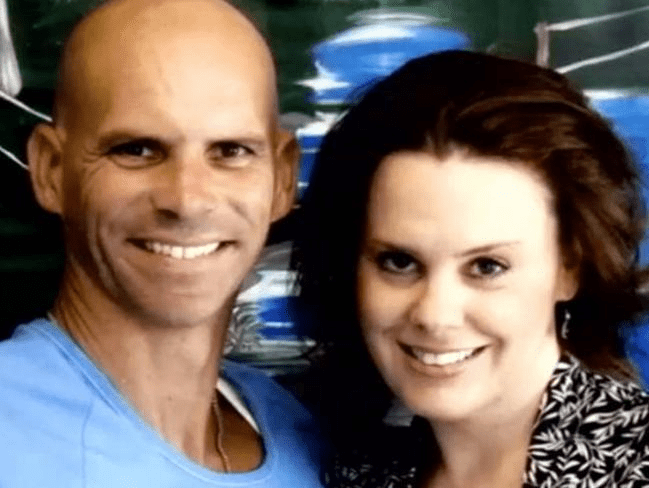After $1 Million Insurance Settlement For Kendall Surgery Death, Doctor’s Share Detailed
DEBARYLIFE – The Florida Board of Medicine punished the anesthesiologist three years after a 72-year-old lung surgery patient passed away at Kendall Regional Medical Center and two and a half years after the anesthesiologist’s insurance paid $1 million.
In addition to the $5,853 in investigation and case costs from the Florida Department of Health, Dr. Caleb Stalls will pay a $10,000 fine. In addition, stallholders will need to complete three five-hour CME courses in anesthesia, airway management, and risk management.
Since June 2019, this is the first time Stalls has faced disciplinary action over their Florida license.
Stalls has licenses in three other states, according to his Florida licensing profile, but internet searches for his licenses in New Mexico (which expired in 2018), Illinois (which was temporary for 2015–16), and Connecticut (which is currently inactive and expiring in 2020) reveal that Florida is his only active license.
SEE MORE – Tampa’s Health Heroes – How Experts Are Preventing Maternal Deaths, See Here
HCA Florida Kendall, the former Kendall Regional, is still his Florida licensing address.

According to the Florida Office of Insurance Regulation, the main issue with the $1 million insurance claim by EmCare Holdings was airway management. “Alleged failure to properly secure airway” is listed under “Misdiagnosis, if any, of patient’s condition” in the entry.
SEE MORE – NYC Wild Birds Test Positive For H5N1 Flu Thanks To Citizen Scientists
That was also included in the administrative complaint filed by the Department of Health.
Kendall Lung Surgery
According to the complaint, Patient 1 had a history of diabetes, hypertension, laryngeal carcinoma, and a “foreign body” in his right lung. He arrived at what is now known as HCA Florida Kendall Hospital from Kendall Regional Medical Center with a collapsed right lung and shortness of breath.
Stalls performed the bronchoscopy, a procedure that allows one to see into the lungs and airways, as the anesthesiologist. Following the removal of the bronchoscope, Patient 1 experienced apnea, or intermittent breathing pauses, “which required respiratory assistance.”
The issue was not resolved by Stalls’ attempts at intubation and face bag ventilation.
The complaint stated that “[Stalls] failed to administer Naloxone to attempt to restore spontaneous ventilation in an apneic patient.” “[Stalls] did not establish a sufficient airway that would have adequately addressed Patient 1’s airway loss and respiratory distress.”
[Stalls] lacked a well-thought-out prearranged plan for handling respiratory crises or airway obstruction.
According to the lawsuit, Patient 1 died “due to respiratory failure” after going into cardiac arrest.











